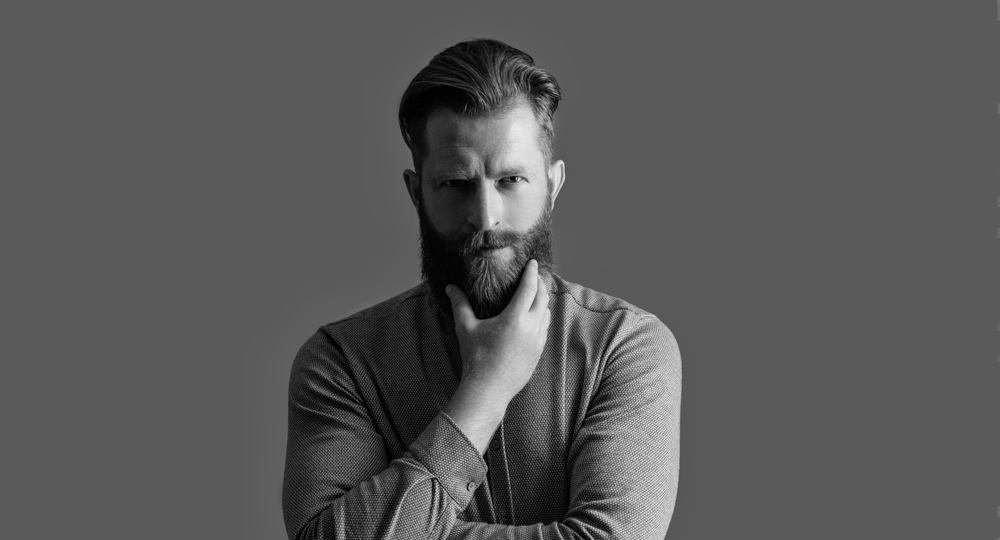What Are The Rulings Related to The Mustache?
Shafi'i Fiqh
Answered by Shaykh Irshaad Sedick
Question
What is considered better – trimming or shaving the mustache in the madhhab? If trimming is better, what is the optimal length?
If trimming the mustache is better, would shaving be considered makruh tanzihi or permissible?
In Shafi’i School, if mustache goes over the lip, is it makruh tanzihi or haram depending on the length?
Answer
In the Name of Allah, the Most Merciful and Compassionate.
May Allah alleviate our difficulties and guide us to what pleases Him. Amin.
In the Shafi’i School, it is generally preferred to trim the mustache rather than shave it completely to ensure that the upper lip remains visible without removing all hair.
The optimal practice is to trim the mustache to a minimal stubble length that does not overlap the upper lip. While shaving the mustache is permissible, it is less preferred.
Similarly, allowing the mustache to overlap the lip is also viewed as against best practice but not haram, and it is strongly recommended that it be kept trimmed to prevent it from covering the upper lip.
The following details were provided by Shaykh Amjad Rasheed, and translated by Shaykh Irshaad Sedick
Ruling on The Mustache
Trimming the mustache is a unanimously agreed-upon Sunna as mentioned in “Al-Majmu’”; for the Prophet (Allah bless him and give him peace) said, “Whoever does not take something from his mustache is not from us.” [Tirmidhi who said it is a hasan sahih (sound) hadith].
Length of The Mustache
However, scholars have differed regarding the extent of trimming the mustache. In our School, the Sunna is to trim the mustache along the upper lip so that some of it shows and not to shave it off completely.
Imam Nawawi said in “Al-Majmu’,” “It is also fine to simply shorten it.” Bayhaqi narrated this from Ibn Umar (Allah be pleased with them both).
A group of scholars opine that the Sunna is to shave or trim it completely, and Imam Ahmad chose that there is no harm in either practice as relayed in “Al-Majmu’.” Their evidence is the sound hadith from Ibn Umar (Allah be pleased with them), that the Prophet (Allah bless him and give him peace) said: “Trim the mustache and leave the beard.” [Bukhari; Muslim], and in another narration: “Trim the mustaches.” And in another: “Cut the mustaches short.”
Shafi‘i Opinion
But our Imams have interpreted these hadiths to mean trimming along the edge of the lip, not from the root of the hair, as Imam Nawawi stated in “Al-Majmu’.”
He then said, “Among the evidence that it is Sunna to trim part of the mustache, as we mentioned, is what was narrated by Ibn Abbas [Allah be pleased with them], who said: ‘The Prophet (Allah bless him and give him peace) used to trim or take from his mustache and Ibrahim, the friend of the Merciful, used to do it.’” [Tirmidhi who said it is a hasan (good) hadith].
Imam Bayhaqi narrated in his “Sunan” from Shurahbil bin Muslim al-Khawlani who said, “I saw five of the Companions of the Messenger of Allah (Allah bless him and give him peace) trim their mustaches: Abu Umama al-Bahili, Abdullah bin Busr, Utba bin Abd al-Salami, Hajjaj bin Amir al-Thamali, and Al-Miqdad bin Ma’dikarib, and they used to trim their mustaches along the edge of the lip.” [Nawawi, al-Majmu‘ Sharh al-Muhadhdhab]
I pray this is of benefit and that Allah guides us all.
[Shaykh] Irshaad Sedick
Checked and Approved by Shaykh Faraz Rabbani
Shaykh Irshaad Sedick was raised in South Africa in a traditional Muslim family. He graduated from Dar al-Ulum al-Arabiyyah al-Islamiyyah in Strand, Western Cape, under the guidance of the late world-renowned scholar Shaykh Taha Karaan (Allah have mercy on him), where he taught.
Shaykh Irshaad received Ijaza from many luminaries of the Islamic world, including Shaykh Taha Karaan, Shaykh Muhammad Awama, Shaykh Muhammad Hasan Hitu, and Mawlana Abdul Hafeez Makki, among others.
He is the author of the text “The Musnad of Ahmad ibn Hanbal: A Hujjah or not?” He has been the Director of the Discover Islam Centre, and for six years, he has been the Khatib of Masjid Ar-Rashideen, Mowbray, Cape Town.
Shaykh Irshaad has fifteen years of teaching experience at some of the leading Islamic institutes in Cape Town). He is currently building an Islamic podcast, education, and media platform called ‘Isnad Academy’ and has completed his Master’s degree in the study of Islam at the University of Johannesburg. He has a keen interest in healthy Prophetic living and fitness.
